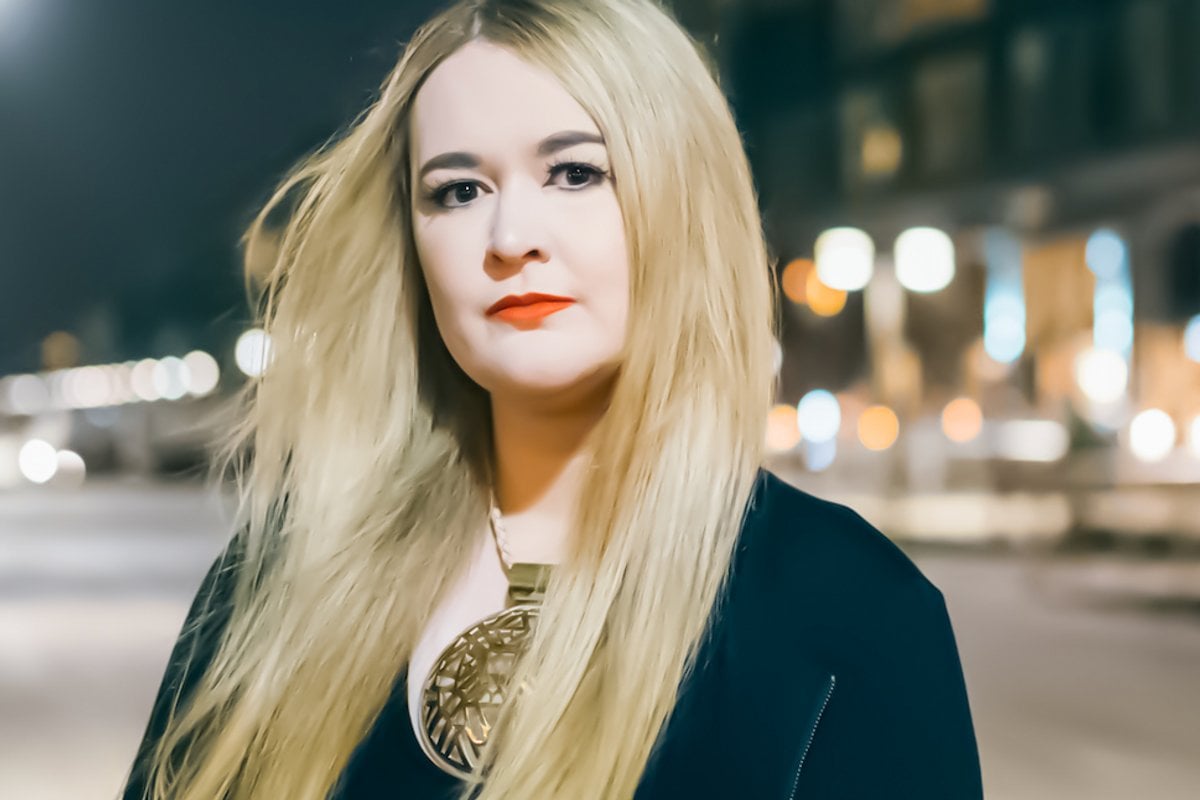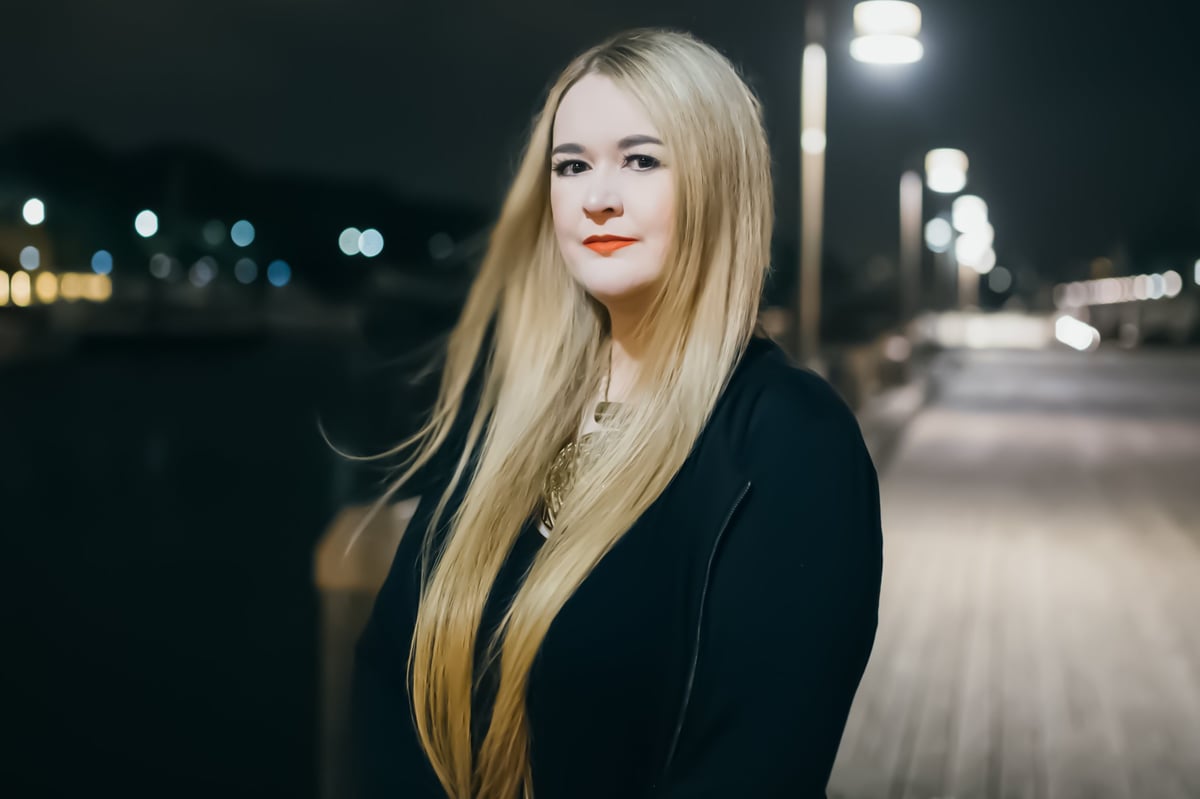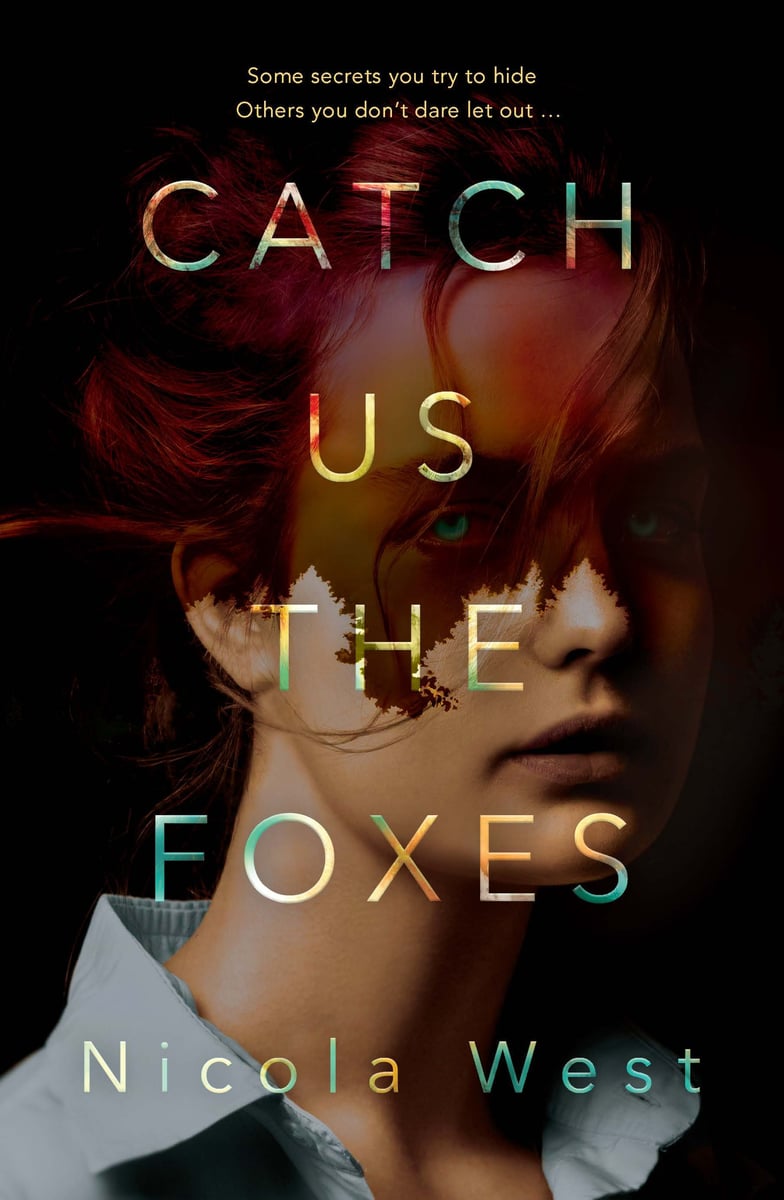
I had a hysterectomy when I was 19.
In writing that sentence, my knee-jerk reaction is to prefix it with, 'I was forced' to have a hysterectomy at 19 – but that simply isn’t true.
In fact, I had to fight for it, which was (and undeniably still is) the most difficult thing about the whole experience.
Watch: Things people who don't want kids always hear. Post continues below.
But after seven years of debilitating gynaecological problems, over 30 surgeries, chronic pain, and the onset of a potentially life-threatening neurological condition, I had run out of options.
Following the start of my symptoms at 12 and my diagnoses of endometriosis and adenomyosis at 13, having a hysterectomy was something that I had always expected and even encouraged.
However, up until that point, my pleas had been ignored. I was deemed too young to have a say on the matter.
It wasn’t until my long-suffering gynaecologist didn’t immediately shoot down my umpteenth request for the procedure that I realised it was far more than an abstract concept.





Top Comments